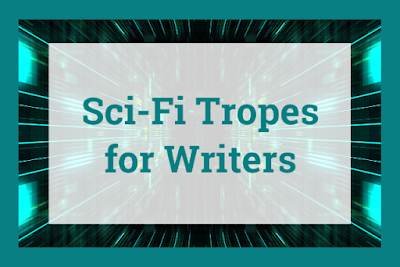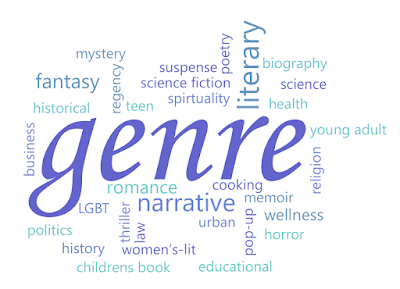Drama
Stories composed in verse or prose, usually for theatrical
performance, where conflicts and emotion are expressed through dialogue
and action.
Fable
Narration demonstrating a useful
truth, especially in which animals speak as humans; legendary,
supernatural tale.
Fairy Tale
Story about fairies or other magical creatures, usually for
children.
Fantasy
Fiction with strange or other worldly settings or characters;
fiction which invites suspension of reality.
Fiction
Narrative literary works whose content is produced by the imagination and is not necessarily based on fact.
Fiction in Verse
Full-length novels with plot, subplot(s), theme(s), major
and minor characters, in which the narrative is presented in
(usually blank) verse form.
Folklore
The songs, stories, myths, and proverbs of a people or "folk" as handed down by word of mouth.
Historical Fiction
Story with fictional characters and events in a historical
setting.
Horror
Fiction in which events evoke a feeling of dread in both the
characters and the reader.
Humor
Fiction full of fun, fancy, and excitement, meant to entertain; but can be contained in all genres
Legend
Story, sometimes of a national or folk hero, which has a basis
in fact but also includes imaginative material.
Mystery
Fiction dealing with the solution of a crime or the unraveling of secrets.
Mythology
Legend or traditional narrative, often based in part on historical
events, that reveals human behavior and natural phenomena by
its symbolism; often pertaining to the actions of the gods.
Poetry
Verse and rhythmic writing with imagery that creates emotional
responses.
Realistic Fiction
Story that can actually happen and is true to life.
Romance
Romantic
fiction is those which give primary focus around a love story between
two people, usually having an "emotionally satisfying and optimistic
ending."
Science Fiction
Story based on impact of actual, imagined, or potential science,
usually set in the future or on other planets.
Short Story
Fiction of such brevity that it supports no subplots.
Tall Tale
Humorous story with blatant exaggerations, swaggering heroes
who do the impossible with nonchalance.




